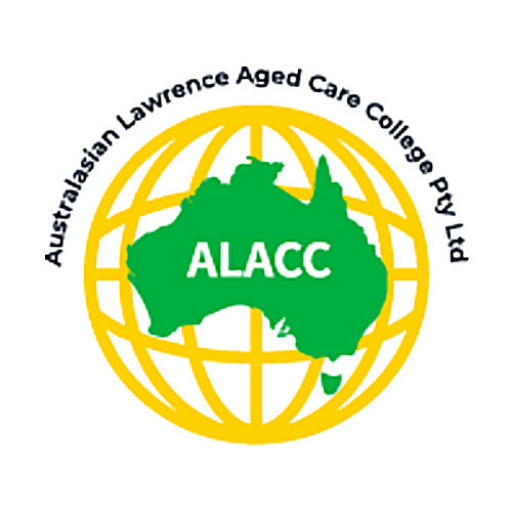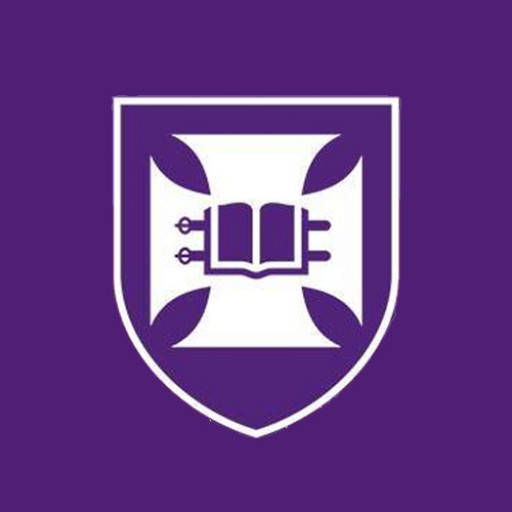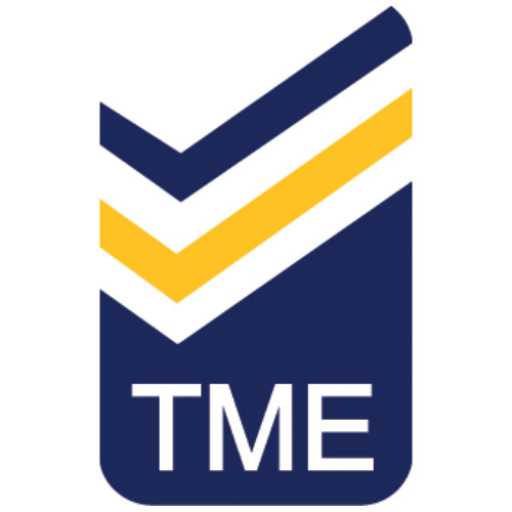Conduct manual tasks safely program at ALACC Health College in Australia is designed to equip students with essential skills and knowledge required to perform manual handling tasks in various healthcare and related settings. This comprehensive training prepares participants to understand the principles of safe manual task execution, including proper lifting techniques, ergonomics, and risk assessment. The program emphasizes the importance of maintaining personal safety and the safety of colleagues while performing manual tasks that are common in healthcare environments such as patient transfers, equipment handling, and other physically demanding activities.
Throughout the course, students will engage in practical demonstrations, theoretical lessons, and real-world scenario simulations that foster a deep understanding of safe manual handling procedures. They will learn how to identify potential hazards related to manual tasks, assess risks effectively, and implement control measures to prevent injuries. The curriculum also covers relevant Australian health and safety regulations, ensuring that students are well-versed in compliance standards and best practices within the industry.
Participants will develop core competencies including proper body mechanics, the use of assistive devices, communication skills during manual handling activities, and emergency response procedures in case of accidents. The program aims to enhance confidence and competence in handling manual tasks safely, thereby reducing workplace injuries and improving patient care and comfort. It is suitable for healthcare workers, support staff, and anyone involved in manual handling roles within health and community service sectors.
Upon completion, students will receive certification that validates their ability to perform manual tasks safely, making them valuable assets in their workplaces. The training is designed to be accessible, engaging, and aligned with Australian workplace health and safety requirements, ensuring that graduates are prepared for the complexities of manual handling in diverse healthcare settings. Whether seeking to start a career in health support work or upskill existing staff, this program provides the necessary foundation for safe and efficient manual task execution.
The "Conduct Manual Tasks Safely" program at ALACC Health College is designed to equip students with essential skills and knowledge to perform manual handling activities in various healthcare and community settings safely and effectively. This comprehensive training course emphasizes the importance of ergonomics, risk assessment, and safe work practices to minimize injury and ensure the well-being of both workers and those they serve. Throughout the program, participants will learn about the principles of manual task management, including proper lifting techniques, the use of assistive devices, and strategies for maintaining proper body mechanics to reduce strain and prevent musculoskeletal disorders. The course covers practical aspects such as identifying hazards, understanding workplace safety regulations, and applying safe manual handling procedures in real-world scenarios. Students will engage in interactive workshops, hands-on demonstrations, and case studies to develop the confidence and competence needed to perform manual tasks safely across different environments, including hospitals, aged care facilities, and community care settings. Additionally, the program highlights the importance of communication, teamwork, and organizational policies in promoting a safe working environment. Upon successful completion, participants will receive a nationally recognized certification that qualifies them to perform manual handling tasks in compliance with workplace health and safety standards. This program aims to enhance employability, support workplace safety initiatives, and ensure that health care workers can carry out their duties responsibly and confidently while maintaining their own health and safety. Whether you are entering the healthcare industry or looking to upskill, the Conduct Manual Tasks Safely course provides a solid foundation to build a safe and productive work practice in the ever-evolving health sector.
Program requirements for Conduct Manual Tasks Safely at ALACC Health College, Australia include a comprehensive set of criteria designed to ensure students are adequately prepared to perform manual tasks in various healthcare settings. Applicants must have completed secondary education equivalent to Australian Year 12 or higher, demonstrating proficiency in English with a minimum IELTS score of 5.5 overall or equivalent. Prior experience in healthcare or related fields is preferred but not mandatory.
Candidates are expected to participate in an interview process to assess their motivation, communication skills, and understanding of manual handling principles. Admission also requires the submission of a detailed resume outlining any relevant experience or training. Physical fitness assessments may be conducted to confirm the ability to perform manual tasks safely and effectively, including lifts, transfers, and positioning of patients or equipment.
The program includes mandatory attendance at all scheduled theoretical and practical classes. Students must demonstrate competence in the safe operation of manual handling techniques, which involves understanding biomechanical principles, ergonomic practices, and safety protocols to prevent injuries. Successful completion of practical assessments is required, where students perform manual tasks under supervision to demonstrate proficiency.
Additionally, students are expected to adhere to the college’s code of conduct, health and safety regulations, and infection control policies. They must complete all required modules, including anatomy and physiology, patient safety, risk management, and legal considerations related to manual tasks in healthcare. A minimum attendance rate of 90% is enforced throughout the course.
To qualify for certification, students must pass all theoretical exams, practical assessments, and complete a critical reflective journal on manual handling experiences. Continuous assessment during tutorials and practical sessions contributes to the final grade. Successful graduates will be awarded a certificate recognizing their competence in conducting manual tasks safely, qualifying them for roles that involve manual handling within various healthcare environments.
The financing studies for the program in Conduct manual tasks safely at ALACC Health College, Australia, typically encompass a variety of funding options available to prospective students. Students often have access to government subsidized loans and grants through the Australian government’s Vocational Education and Training (VET) funding schemes, which aim to reduce the financial burden of pursuing health-related qualifications. These funding options may include the Vocational Education and Training Funding, which can cover part or all of the tuition costs for eligible students based on their residency status, age, and prior qualifications.
In addition to government support, ALACC Health College may offer payment plans or installment options that allow students to spread their tuition fees over an extended period, making attendance more affordable. Scholarships and bursaries are also sometimes available for outstanding applicants or those demonstrating financial hardship, although specific awards are limited and dependent on the college’s current offerings. International students are usually required to pay full tuition upfront, as they are generally not eligible for Australian government funding; however, they may explore private financial arrangements or scholarships from external sources.
Students can also consider external sources of funding, such as private loans, sponsorships from healthcare or training organizations, or employer support if the course is being undertaken as part of a workplace training program. The college may provide guidance on eligibility and application processes for these various financial options during the enrolment phase. Furthermore, assessing the total cost of study, including tuition, textbooks, materials, and other expenses, is essential for planning and ensuring financial preparedness. Some students might also access income support programs or part-time work during their studies to subsidize living costs and training expenses.
It is advisable for prospective students to consult directly with ALACC Health College’s administration or financial aid office for specific, up-to-date information on available funding schemes, eligibility criteria, application deadlines, and documentation requirements. Ensuring adequate financial planning is crucial for a successful and stress-free educational experience in conducting manual tasks safely within the healthcare sector.
The "Conduct manual tasks safely" program at ALACC Health College in Australia is designed to equip students with the essential skills and knowledge required to perform manual tasks in a safe and efficient manner within various healthcare and related settings. The program emphasizes the importance of understanding proper techniques, ergonomic principles, and safety protocols to prevent injuries and ensure the well-being of both practitioners and patients. Participants will learn about assessing risks associated with manual handling, implementing safe lifting and moving procedures, and understanding the legal and organizational requirements related to manual tasks. The curriculum typically includes practical training sessions that allow students to develop hands-on experience in handling equipment and performing tasks such as transferring patients, moving objects, and maintaining correct posture during manual activities. Safety standards and compliance with health and safety legislation are integral components of the program, ensuring that graduates are prepared to contribute to safer work environments. This program is suitable for individuals seeking employment in healthcare facilities, aged care services, disability support, and other industries where manual handling is a routine part of the job. By completing this training, students will gain confidence in performing manual tasks and reduce the risk of work-related injuries. The program aligns with national health and safety guidelines and may lead to certifications that enhance employment prospects and career development opportunities within the health sector. Through a combination of theoretical instruction and practical application, learners will be equipped to take on manual tasks responsibly, supporting a culture of safety in their future workplaces.









